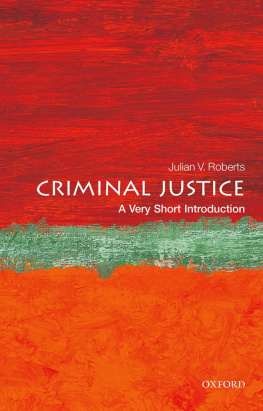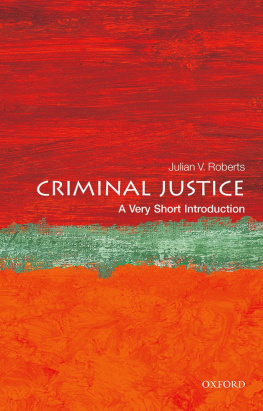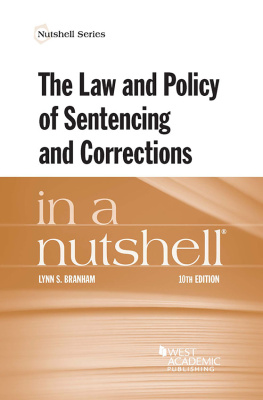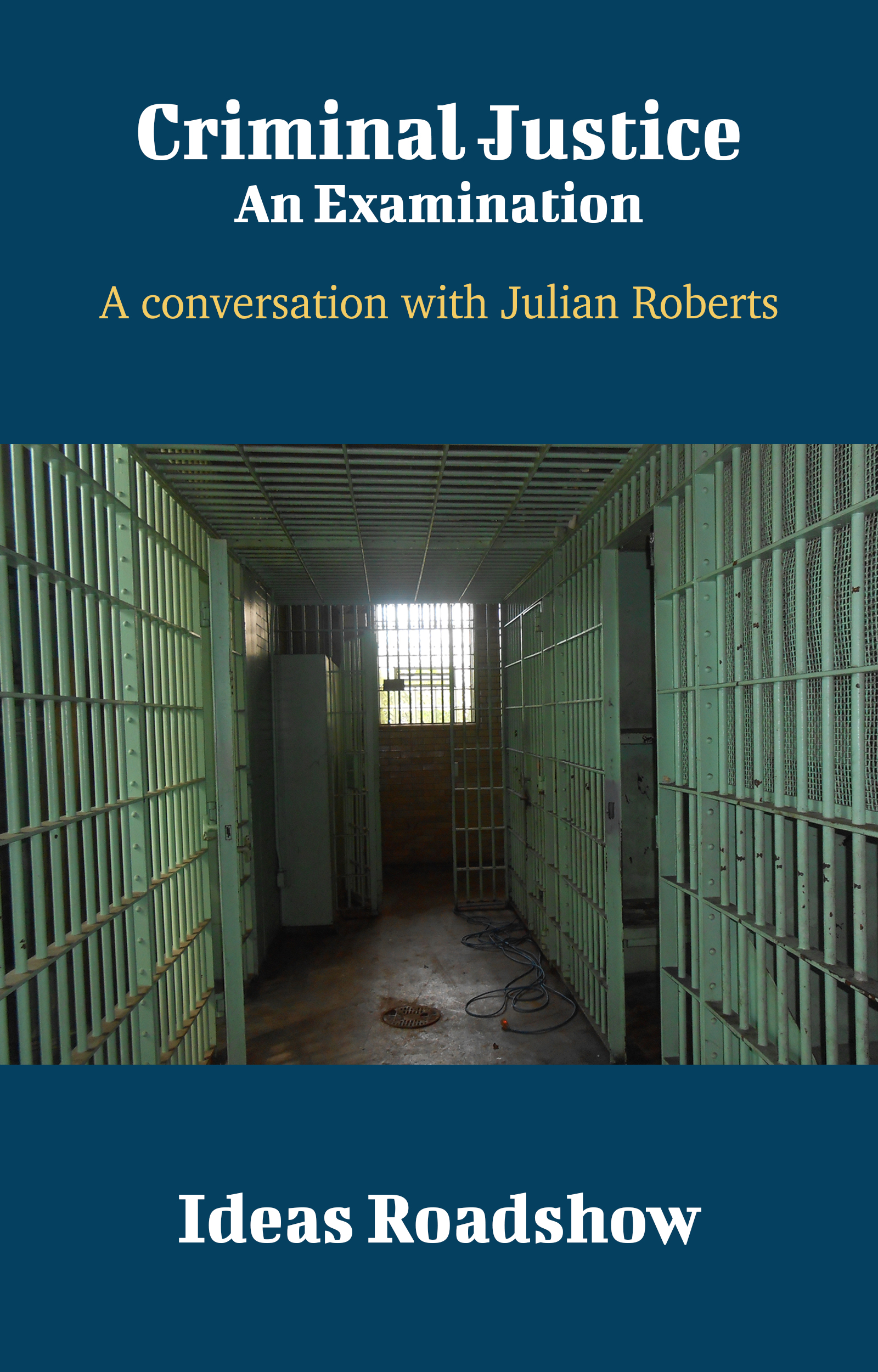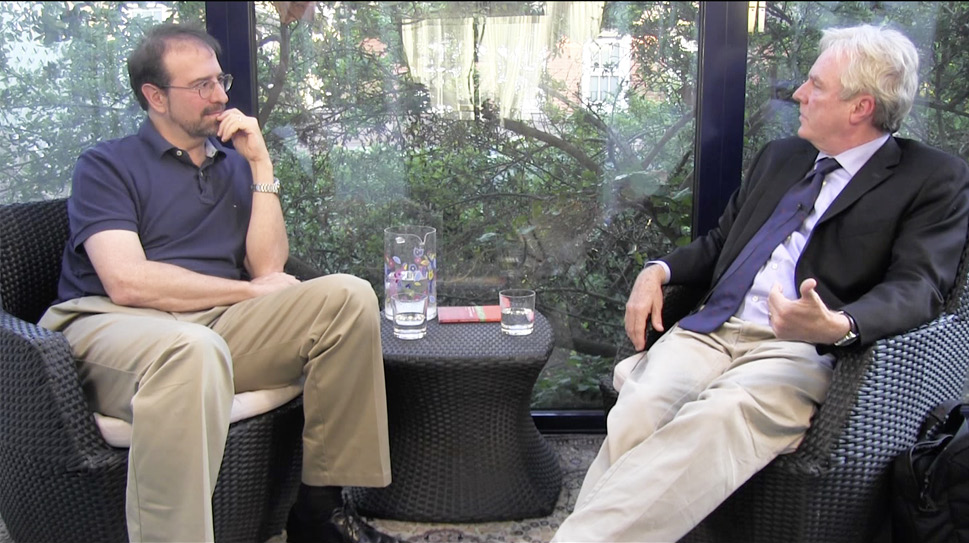Howard Burton - Criminal Justice: An Examination: A Conversation with Julian Roberts
Here you can read online Howard Burton - Criminal Justice: An Examination: A Conversation with Julian Roberts full text of the book (entire story) in english for free. Download pdf and epub, get meaning, cover and reviews about this ebook. year: 2021, publisher: Open Agenda Publishing, genre: Politics. Description of the work, (preface) as well as reviews are available. Best literature library LitArk.com created for fans of good reading and offers a wide selection of genres:
Romance novel
Science fiction
Adventure
Detective
Science
History
Home and family
Prose
Art
Politics
Computer
Non-fiction
Religion
Business
Children
Humor
Choose a favorite category and find really read worthwhile books. Enjoy immersion in the world of imagination, feel the emotions of the characters or learn something new for yourself, make an fascinating discovery.

- Book:Criminal Justice: An Examination: A Conversation with Julian Roberts
- Author:
- Publisher:Open Agenda Publishing
- Genre:
- Year:2021
- Rating:3 / 5
- Favourites:Add to favourites
- Your mark:
Criminal Justice: An Examination: A Conversation with Julian Roberts: summary, description and annotation
We offer to read an annotation, description, summary or preface (depends on what the author of the book "Criminal Justice: An Examination: A Conversation with Julian Roberts" wrote himself). If you haven't found the necessary information about the book — write in the comments, we will try to find it.
This book is based on an in-depth conversation between Howard Burton and Julian Roberts, Professor of Criminology at the University of Oxford. Julian Roberts is an international expert on sentencing throughout the common-law world and is strongly involved in connecting scholars with practitioners as well as promoting greater public understanding of sentencing. This thought-provoking conversation covers a wide range of topics related to criminal justice, including plea bargaining, the involvement of victims in criminal sentencing procedures, victim impact statements, parole, sentencing multiple and repeat crimes, community-based sentencing, alternate dispute resolution, rehabilitation, and more.
This carefully-edited book includes an introduction, Copping a Plea, and questions for discussion at the end of each chapter:
About Ideas Roadshow Conversations Series (100 books):
Presented in an accessible, conversational format, Ideas Roadshow books not only explore frontline academic research featuring world-leading researchers, including 3 Nobel Laureates, but also reveal the inspirations and personal journeys behind the research. Howard Burton holds a PhD in physics and an MA in philosophy, and was the Founding Director of Canadas Perimeter Institute for Theoretical Physics.
Howard Burton: author's other books
Who wrote Criminal Justice: An Examination: A Conversation with Julian Roberts? Find out the surname, the name of the author of the book and a list of all author's works by series.






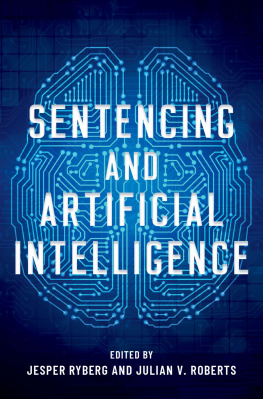
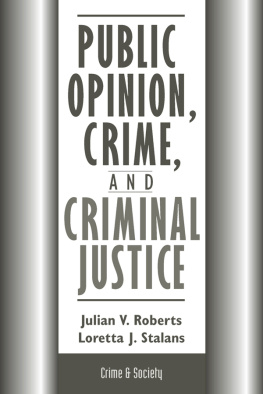
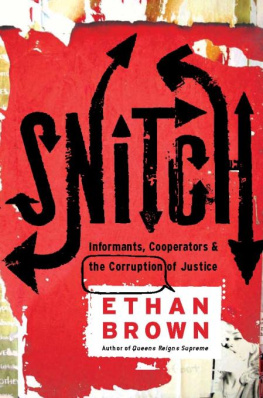
![Laura L. Finley - Crime and Punishment in America: An Encyclopedia of Trends and Controversies in the Justice System [2 Volumes]](/uploads/posts/book/305562/thumbs/laura-l-finley-crime-and-punishment-in-america.jpg)
